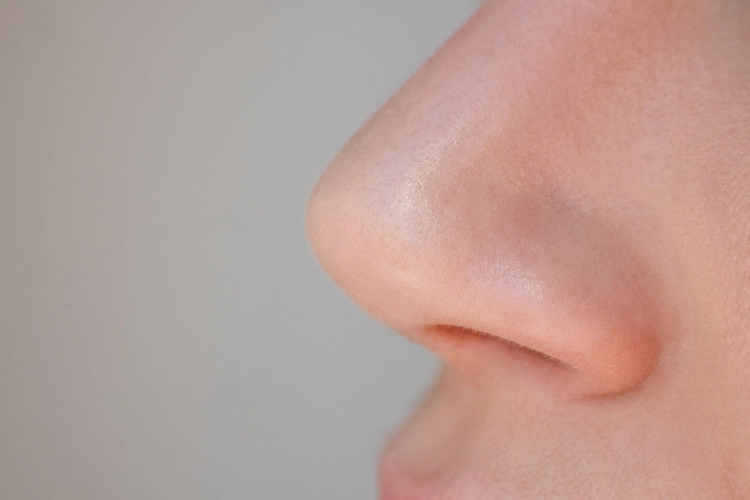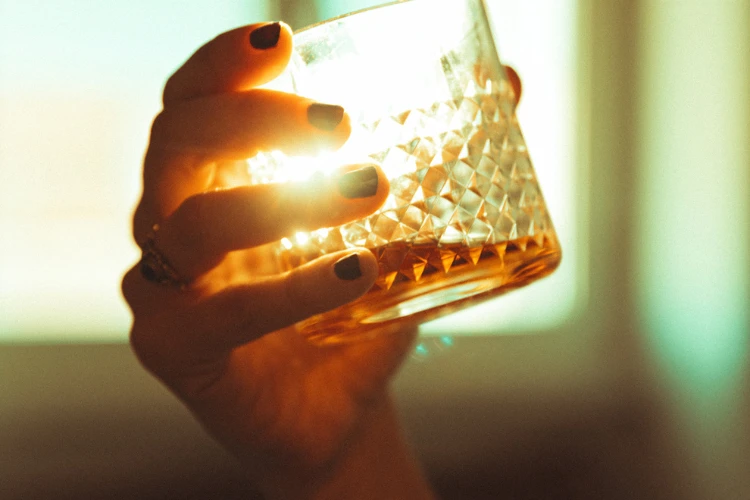It’s a regrettable fact that cocaine addiction, drug addiction and alcohol addiction are on the rise in Great Britain and around the world.
This situation has worsened largely due to the stresses caused by the COVID-19 global pandemic as people’s everyday stress levels have been on the rise.
If you have been searching the internet for “rehab UK” or “rehab near me” then you are evidently serious about overcoming your addiction. Admitting you have a problem with drugs or alcohol is a very difficult step to take, and it often isn’t easy to reach that point. And if you have, you’re to be congratulated.
If you want to find rehab in Shoreditch, then there are many options and if the rehab process is not something that you’re familiar with, you may find all of the available information to be a little overwhelming.
Fortunately, Addiction Advocates are here to help. We provide drug and alcohol addiction treatment, and we are ideally placed to help you with your search for rehab in Shoreditch.
We also offer a friends and family referral scheme if you’re concerned about the health of a friend or loved one who has developed an addiction to alcohol or drugs.
Why not contact us today on 0800 012 6088 or text HELP to 83222 so that we can help you with any questions you might have about addiction and how we can help?
The Benefits of Residential Rehab
When you first call, we will perform an initial assessment over the telephone and work with you to determine a treatment programme suitable to your budget.
There are cheaper options available than private drug and alcohol rehab, but there are no waiting lists for our services, and we can admit you without the need for a waiting list or a referral from your GP.
Your treatment plan will be tailored to your individual needs and it is a core principle for us that we get to know you as an individual.
During your time with Addiction Advocates, every part of your treatment from your rehabilitation, detoxification and aftercare will be tailored around one thing – you.
It’s all too often that people suffering with an addiction fall through the cracks in charity and NHS treatment solutions. Whilst your addiction is treated, there is no consideration for the mental health aspect of a diagnosis. Many people who develop an addiction have an underlying mental health condition that is often the cause of it.
In the outpatient treatment facilities that the NHS and charities use, these mental health problems are not even diagnosed, let alone treated. On top of this, you may be waiting months for access to their treatment – in which time your condition may have worsened.
In Addiction Advocates rehab centres, you will be dual diagnosed with any mental health conditions should you have any, and we will treat them in full alongside your addiction.
Alcohol Rehab and Drug Rehab
Your rehabilitation can largely be split into three parts – detoxification, therapies and aftercare. You will need to complete each step sequentially before being able to move onto the next.
When you arrive at our clinic, we will assess your physical and mental health and we will most likely determine you will be best served to undergo a 28-day treatment programme in our residential rehab centre.
This may seem like a big time commitment but removing yourself from the distractions and temptations of everyday life gives you an enormous opportunity to rid yourself of addiction once and for all.
Detox
Most people who check in to Addiction Advocates need to undergo a period of detoxification. Detox is the process of cleansing your body and brain of the toxins that will have built up as a period of sustained exposure to excessive drugs and alcohol use.
As your brain will have developed a dependency on drugs or alcohol, detox is a tough and unpleasant part of your treatment. Our expert medical staff will taper your access to the substance that you’re addicted to, slowly at first before striving to reach zero consumption.
This is to avoid the crash you would experience by taking the “cold turkey” approach of simply stopping immediately. You will display withdrawal symptoms as your body will have severe cravings for the substance you are tapering away and these can be painful and some even dangerous.
This is why you will be monitored 24/7 and why we do not recommend that you attempt a detox alone.
Therapies and Aftercare
Your time in detox may last as long as two weeks, depending on the severity of your addiction. When completed, your focus changes to therapy.
We use a variety of therapies, but most of them involve talking therapies like CBT (Cognitive Behavioural Therapy) and group therapy. These therapies are an opportunity to explore your addiction and the reasons why you developed one in the first place.
There’s no one reason why people become addicted, and reasons do vary from traumatic childhood events to workplace stress. Your CBT sessions will allow you to deep dive on the cause and alter your behaviour patterns and attitudes moving forwards.
Group sessions are also a chance to meet and interact with your fellow addicts. It allows you to learn from your experiences and for others to learn from yours. Group therapy serves as a positive peer pressure and building a support group for when you leave our care is part of your aftercare
Aftercare plans are drawn up just before you leave. It allows us to reinforce what you’ve learned and prepare you for your return to life in Shoreditch. You will be invited to regular follow up sessions and have access to a helpline should you encounter problems with your motivation.
If you have a problem with a drug or alcohol addiction, please call Addiction Advocates today and let us help you onto the path to a brighter future.
Latest News

Everything You Need to Know About the Brain-PACER Study
Addiction is a very complex condition that is difficult to treat. It has psychological and habitual elements, but also involves

How to Overcome FOMO in Recovery
Deciding to start your journey of recovery is something you should be incredibly proud of. It’s a life-changing decision, and

What Does Cocaine Do to Your Nose?
Cocaine is a powerful stimulant drug that is recreationally used for its euphoric effects. However, while it might offer immediate

Are Nightcaps Healthy?
You’ve probably heard of the term ‘nightcap’. In drinking terms, it’s up there with ‘one for the road’ and ‘hair